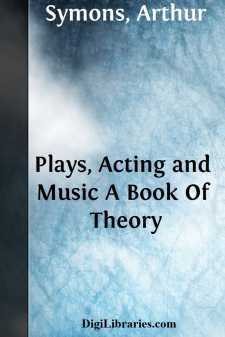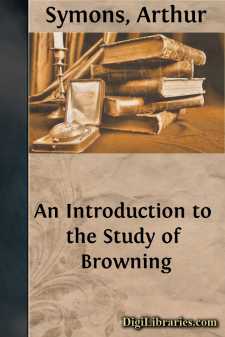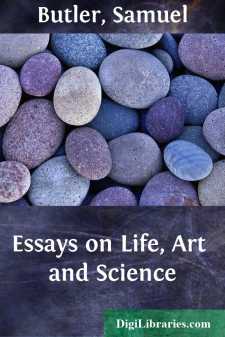Categories
- Antiques & Collectibles 13
- Architecture 36
- Art 48
- Bibles 22
- Biography & Autobiography 813
- Body, Mind & Spirit 142
- Business & Economics 28
- Children's Books 16
- Children's Fiction 13
- Computers 4
- Cooking 94
- Crafts & Hobbies 4
- Drama 346
- Education 46
- Family & Relationships 57
- Fiction 11829
- Games 19
- Gardening 17
- Health & Fitness 34
- History 1377
- House & Home 1
- Humor 147
- Juvenile Fiction 1873
- Juvenile Nonfiction 202
- Language Arts & Disciplines 88
- Law 16
- Literary Collections 686
- Literary Criticism 179
- Mathematics 13
- Medical 41
- Music 40
- Nature 179
- Non-Classifiable 1768
- Performing Arts 7
- Periodicals 1453
- Philosophy 64
- Photography 2
- Poetry 896
- Political Science 203
- Psychology 42
- Reference 154
- Religion 513
- Science 126
- Self-Help 84
- Social Science 81
- Sports & Recreation 34
- Study Aids 3
- Technology & Engineering 59
- Transportation 23
- Travel 463
- True Crime 29
Plays, Acting and Music A Book Of Theory
by: Arthur Symons
Description:
Excerpt
INTRODUCTION
[2][3]After seeing a ballet, a farce, and the fragment of an opera performed by the marionettes at the Costanzi Theatre in Rome, I am inclined to ask myself why we require the intervention of any less perfect medium between the meaning of a piece, as the author conceived it, and that other meaning which it derives from our reception of it. The living actor, even when he condescends to subordinate himself to the requirements of pantomime, has always what he is proud to call his temperament; in other words, so much personal caprice, which for the most part means wilful misunderstanding; and in seeing his acting you have to consider this intrusive little personality of his as well as the author's. The marionette may be relied upon. He will respond to an indication without reserve or revolt; an error on [4]his part (we are all human) will certainly be the fault of the author; he can be trained to perfection. As he is painted, so will he smile; as the wires lift or lower his hands, so will his gestures be; and he will dance when his legs are set in motion.
Seen at a distance, the puppets cease to be an amusing piece of mechanism, imitating real people; there is no difference. I protest that the Knight who came in with his plumed hat, his shining sword, and flung back his long cloak with so fine a sweep of the arm, was exactly the same to me as if he had been a living actor, dressed in the same clothes, and imitating the gesture of a knight; and that the contrast of what was real, as we say, under the fiction appears to me less ironical in the former than in the latter. We have to allow, you will admit, at least as much to the beneficent heightening of travesty, if we have ever seen the living actor in the morning, not yet shaved, standing at the bar, his hat on one side, his mouth spreading in that abandonment to laughter which has become from the necessity of his [5]profession, a natural trick; oh, much more, I think, than if we merely come upon an always decorative, never an obtrusive, costumed figure, leaning against the wall, nonchalantly enough, in a corner of the coulisses.
To sharpen our sense of what is illusive in the illusion of the puppets, let us sit not too far from the stage. Choosing our place carefully, we shall have the satisfaction of always seeing the wires at their work, while I think we shall lose nothing of what is most savoury in the feast of the illusion. There is not indeed the appeal to the senses of the first row of the stalls at a ballet of living dancers. But is not that a trifle too obvious sentiment for the true artist in artificial things? Why leave the ball-room? It is not nature that one looks for on the stage in this kind of spectacle, and our excitement in watching it should remain purely intellectual. If you prefer that other kind of illusion, go a little further away, and, I assure you, you will find it quite easy to fall in love with a marionette. I have seen the most adorable heads, with real hair too, [6]among the wooden dancers of a theatre of puppets; faces which might easily, with but a little of that good-will which goes to all falling in love, seem the answer to a particular dream, making all other faces in the world but spoilt copies of this inspired piece of painted wood....










